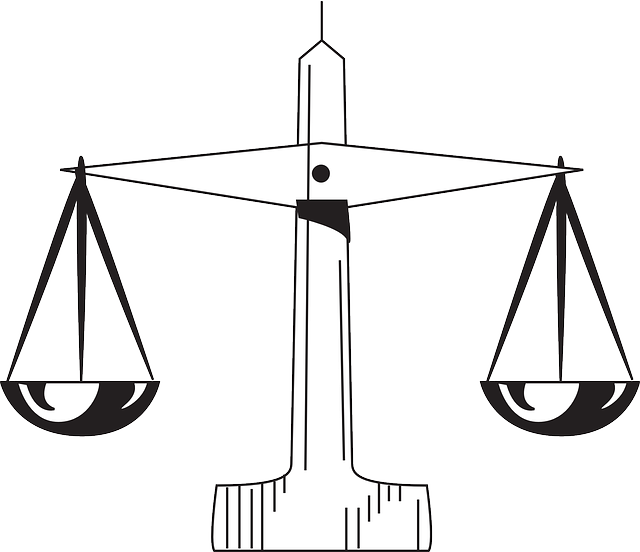In today's global economy, understanding and strategically navigating international intellectual property (IP) laws is crucial for businesses aiming to protect their IP. With diverse legal systems influenced by cultural, economic, and historical factors, due diligence is essential when expanding internationally. Market research identifies regions with robust IP protection aligned with expansion plans, while engaging local legal experts ensures compliance with copyright, patent, and trademark regulations. Regular reviews and updates of the IP portfolio across jurisdictions are vital to maintain control and capitalize on changes in IP protection laws, fostering a competitive global marketplace.
In today’s globalized world, protecting your intellectual property (IP) internationally is paramount for businesses aiming to thrive on a worldwide scale. This comprehensive guide offers expert advice on navigating complex international IP laws, with sections covering key strategies for safeguarding your creations abroad, common pitfalls to avoid, and best practices for enforcement across borders. Discover how to ensure your innovations are shielded and their potential maximized in diverse legal landscapes.
- Understanding International IP Laws: A Global Overview
- Strategies for Protecting Your Intellectual Property Abroad
- Common Pitfalls and How to Avoid Them in IP Protection
- Best Practices for Enforcing Your Rights Across Borders
Understanding International IP Laws: A Global Overview

In today’s interconnected global economy, understanding international intellectual property (IP) laws is more crucial than ever for businesses and inventors seeking to protect their IP. These laws govern the creation, ownership, and enforcement of intangible assets such as patents, trademarks, copyrights, and trade secrets across borders. Navigating this complex landscape requires a nuanced appreciation for the variations and similarities among different jurisdictions’ IP regimes.
A global overview reveals diverse approaches to IP protection, influenced by cultural, economic, and historical factors. While some countries share common legal traditions, others have unique systems that may offer more or less stringent protections. Businesses must therefore conduct thorough due diligence when expanding internationally, identifying relevant IP laws and strategies for protecting their IP in each target market. This proactive approach ensures that innovations and creative works are safeguarded worldwide, fostering a vibrant and competitive global marketplace.
Strategies for Protecting Your Intellectual Property Abroad

When venturing into international markets, protecting your intellectual property (IP) is paramount to safeguarding your innovations and hard work. The first strategy involves conducting thorough market research to identify regions with favorable IP protection laws, aligning with your expansion plans. Understanding the local legal framework, including copyright, patent, and trademark regulations, is crucial. Engaging local legal experts can provide invaluable insights.
Additionally, ensuring proper documentation and registration of your IP assets in each target country is essential. This process may include translating documents and adapting them to local requirements. Regular reviews and updates of your IP portfolio across different jurisdictions are wise practices to maintain control and take advantage of any changes in IP protection laws.
Common Pitfalls and How to Avoid Them in IP Protection

Protecting your intellectual property (IP) internationally is a complex journey, fraught with potential pitfalls for the unsuspecting. One of the primary challenges is understanding that IP laws vary significantly from one country to another. What’s considered unique and worthy of protection in one jurisdiction might not hold the same weight in another. For instance, a trademark or copyright that’s widely recognized in your home market may not have the same level of recognition abroad, leaving your creations vulnerable to replication and infringement.
To avoid these traps, it’s essential to conduct thorough research before entering foreign markets. Engage the services of experts who can guide you through the legal landscape of each target country. This includes identifying local IP laws, understanding registration processes, and determining whether your IP can be protected under international agreements like the Paris Convention or TRIPS (Trade-Related Aspects of Intellectual Property Rights). Regularly updating your knowledge base on global IP trends and staying vigilant against potential infringers are also vital steps in safeguarding your creations and ensuring your IP is properly protected worldwide.
Best Practices for Enforcing Your Rights Across Borders

Protecting your intellectual property (IP) across international borders can be a complex task, but with the right strategies in place, it becomes more manageable. One of the best practices is to conduct thorough market research before entering new territories. Understanding the local IP landscape, potential infringers, and existing protections will help you make informed decisions about your strategy. For instance, some countries have stricter copyright laws than others, so adapting your protection methods accordingly is essential.
Another crucial step is to seek professional advice from experts in international IP law. They can guide you on the most effective ways to register and enforce your rights, ensuring compliance with local regulations. Utilizing standardized agreements and licenses can also facilitate cross-border protection. By implementing these best practices, businesses can effectively safeguard their IP, fostering innovation and encouraging investment on a global scale.
Navigating international intellectual property (IP) laws can be complex, but understanding these strategies and best practices is crucial for protecting your IP globally. By being aware of potential pitfalls and implementing effective enforcement methods, you can ensure your innovative ideas are safeguarded across borders. Remember that each country has its unique legal framework, so staying informed and seeking expert advice is key to a successful global IP strategy. Take a dive into these insights, and you’ll be well-equipped to protect and manage your intellectual property in today’s interconnected world.
